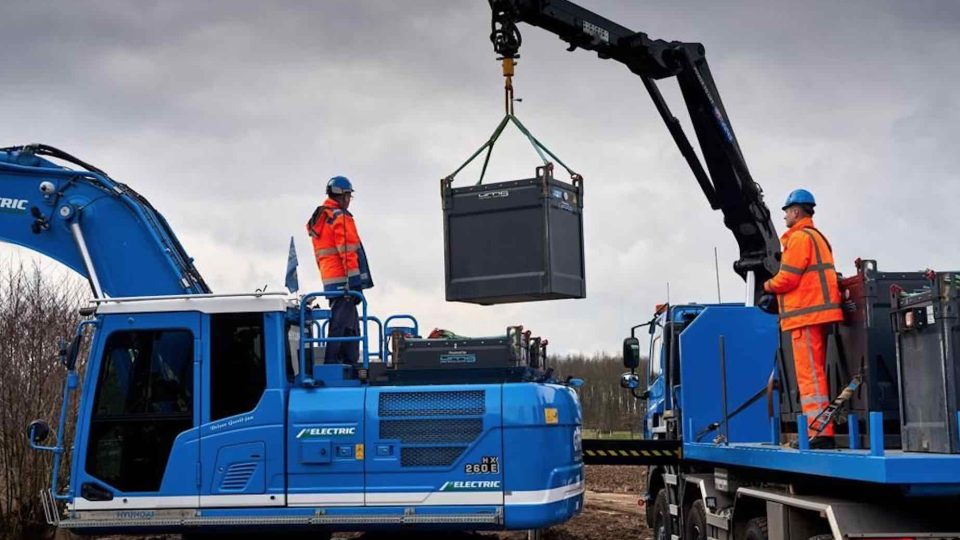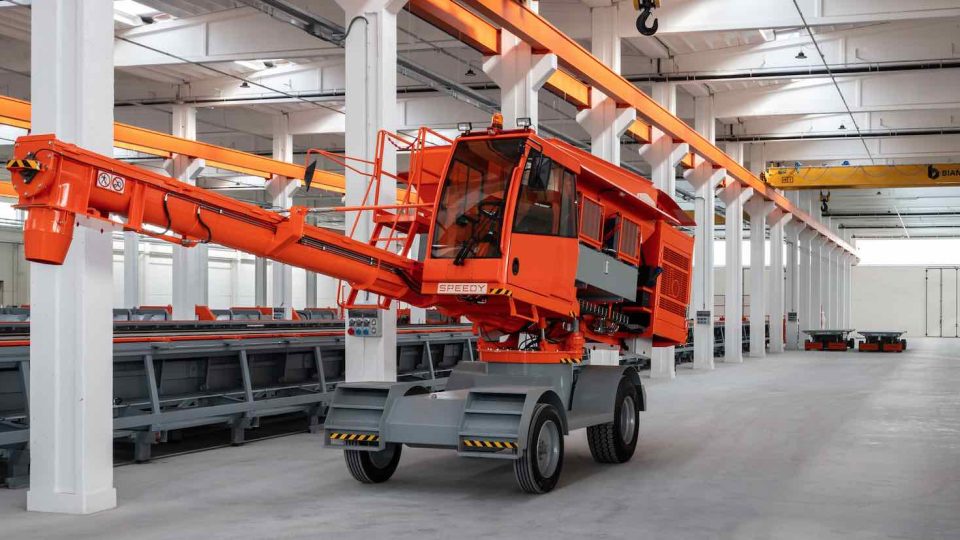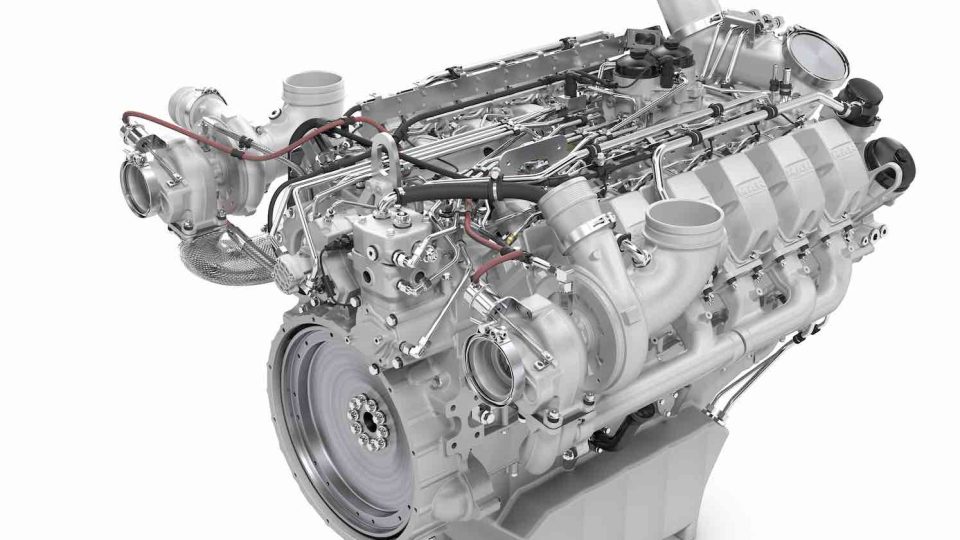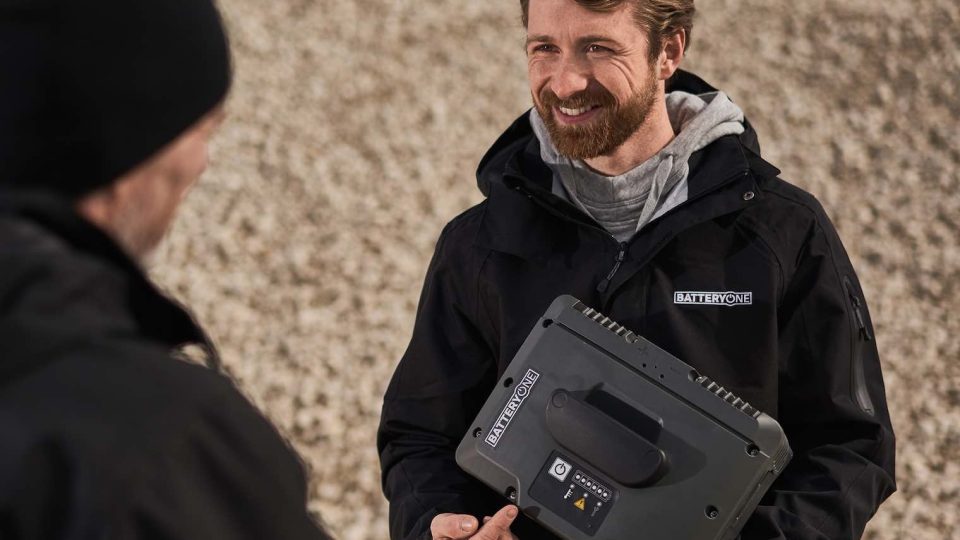Deutz meets Jekko Cranes, a new engine for the mini crane
A new collaboration, the one between Deutz and Jekko, is bearing very interesting fruit. The Treviso-based manufacturer Jekko, specialized in the construction of mini cranes, has chosen Deutz’s Stage V 4-cylinder TCD 3.6 for the brand-new JF990, thus changing engine supplier from previous models in the same range. Here, a post about another ‘famous’ TCD […]
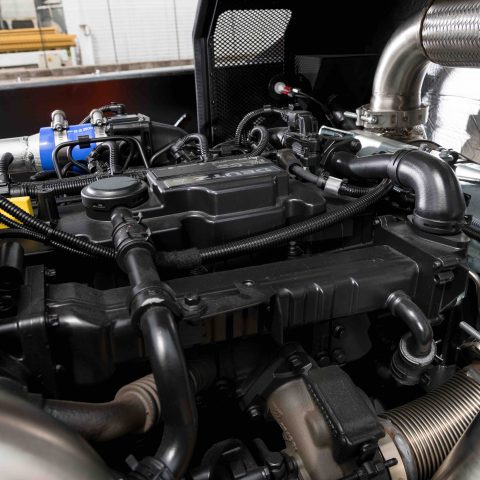
A new collaboration, the one between Deutz and Jekko, is bearing very interesting fruit. The Treviso-based manufacturer Jekko, specialized in the construction of mini cranes, has chosen Deutz’s Stage V 4-cylinder TCD 3.6 for the brand-new JF990, thus changing engine supplier from previous models in the same range. Here, a post about another ‘famous’ TCD engine by Deutz…
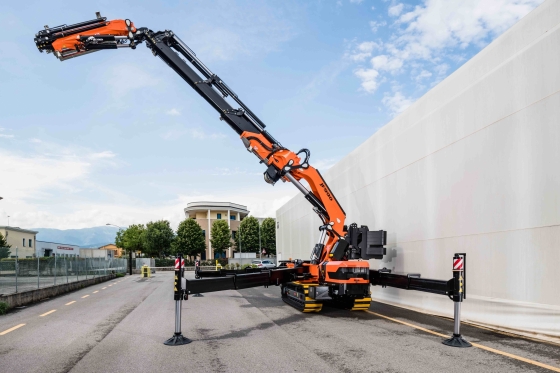
Speaking of the engine, to satisfy our inevitable curiosity we went to the source and asked Jekko’s R&D manager, Marco Zava, what prompted them to change the engine supplier and whether this is the first setup the company does with Deutz. «It is in fact the first project with Deutz. We chose the Tcd 3.6 because the engine, in its Hp version, while remaining below 56 kilowatts, has a really interesting torque. In addition, we didn’t have to fit the SCR, so we didn’t have to install the urea system».
Deutz and Jekko: active cooperation in search of the best layout
Moreover, according to Mr Zava: «We are always very careful about the issue of compactness, although the 990 is our largest machine in the series in terms of size. Deutz has shown great willingness to arrange the various components of the system according to a layout that meets our requirements in terms of space rationalization».
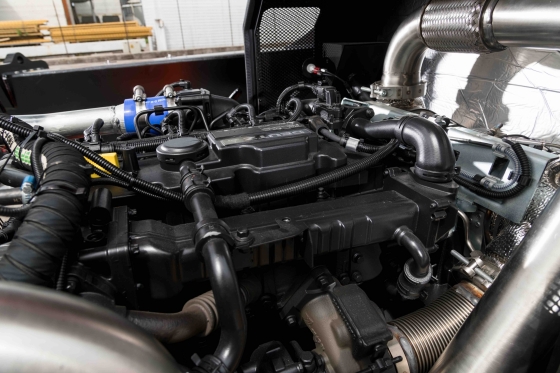
Together with the diesel engine, the 990 also features a 13 kilowatt three-phase electric motor, with the possibility of connecting to a 32 Ampere socket, which is easy enough to find in industrial contexts. The use of the electric motor is thought, of course, for working inside industrial buildings. But it can also be useful to reduce emissions to zero, and significantly reduce noise, when the machine is at work in city centres, for example.
The switch between the diesel engine and the electric motor is very simple and is managed autonomously by the operator. It changes the working speed slightly but does not substantially affect the crane’s performance.
Improved lifting capacity
Looking further from the engine to the machine, the JF990 can be seen as an evolution of the best-selling JF545. Taking this last model as a reference, in fact, the 990 increases the lifting capacity – which is not a secondary characteristic at all – with a maximum of 21,500 kg compared to the 15,500 kg of the ‘younger sister’. Although it is growing compared to the other machines in the range, the overall dimensions of the latest model remain quite compact (6.75 x 2.14 x 3.45 metres) precisely to allow users to continue to move the crane on a truck without being included into the category of oversized transport: like a mini crane, in short, but with characteristics and performance that are not exactly ‘mini’.




